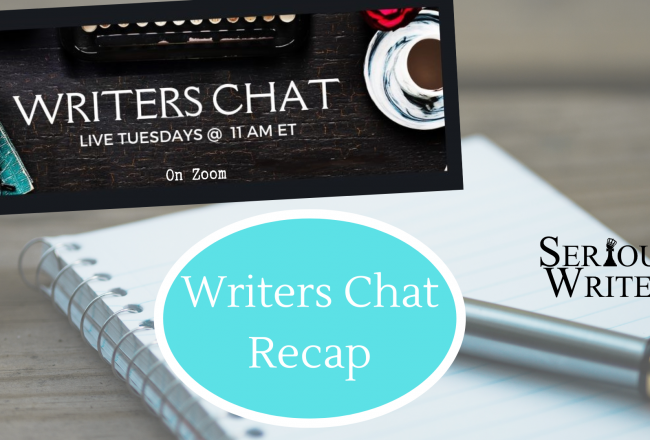
Weave Your Advertising Copy Like a Strand of DNA-by Holland Webb
I was one of those early readers your child psychologist warned you about. All my pals lived between…
January 11, 2017
I was one of those early readers your child psychologist warned you about. All my pals lived between…
January 11, 2017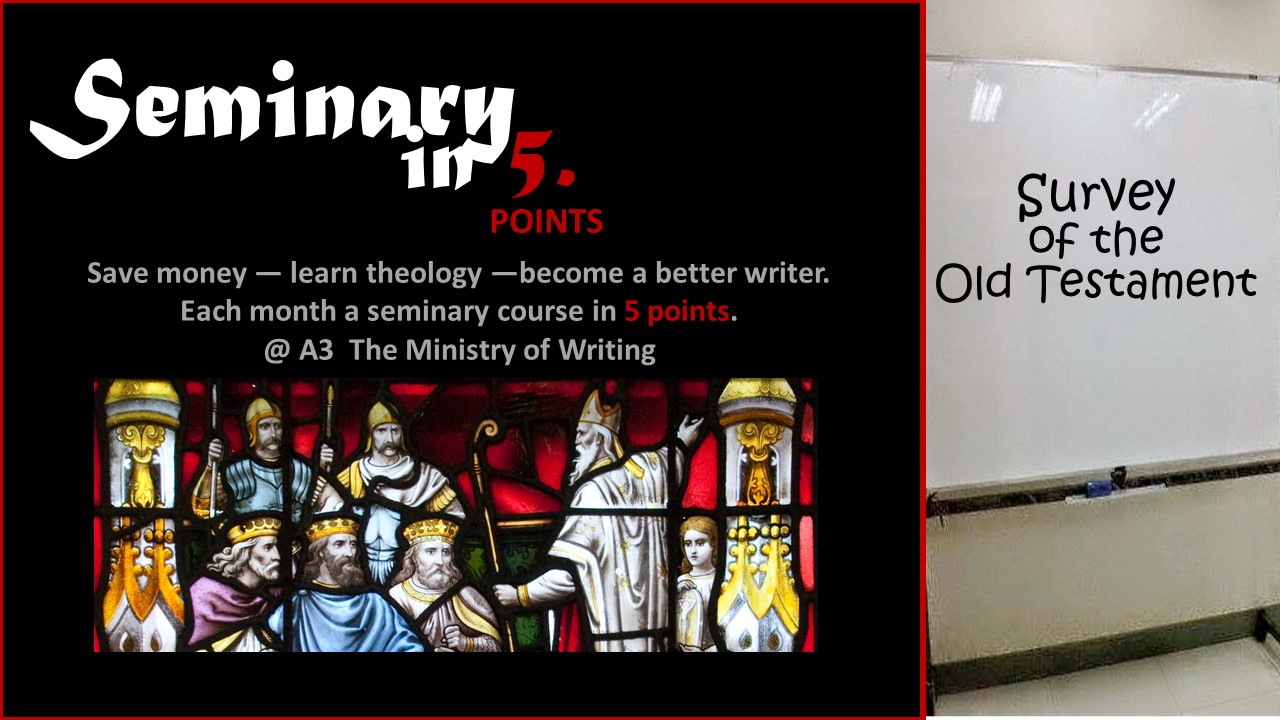
Save money. Learn theology. Become a better writer. Minister more effective. That’s my hope for you. In this second…
January 10, 2017
Every story begins at your Initial Stimulus – that spark of an idea that captured your imagination. The thing…
January 8, 2017
Almost every aspiring author dreams of what their life as a published author will look like some day: Multiple…
January 8, 2017
Taking Critique Like a Jedi May 25, 1977, Star Wars: A New Hope—a small indie film with an unknown…
January 6, 2017
Irony. It’s my new middle name. In my post for last month I detailed how I had been working…
January 5, 2017
[vc_row][vc_column][vc_column_text]The steamer which crossed the Pacific from Yokohama to San Francisco made a direct connection with that from Hong…
January 4, 2017
“Creativity is a habit, and the best creativity is the result of good work habits.” Twyla Tharp Every break…
January 3, 2017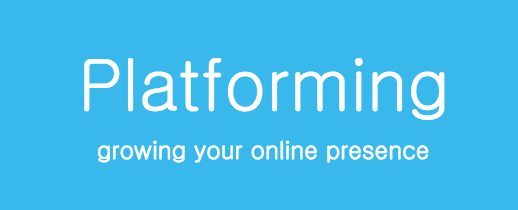
by Susan Stilwell @susanrstilwell Social media is a part of life and savvy writers stay on top of the…
January 2, 2017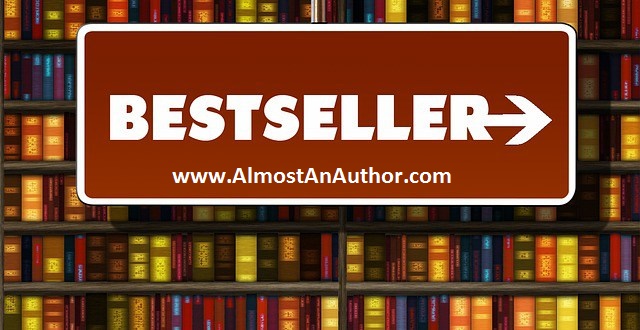
Can you share a little about your recent book – Conspiracy of Silence is the first book in my…
January 1, 2017
In Conspiracy of Silence (The Tox Files #1), Ronie Kendig crafts a suspenseful, fast-paced tale that combines archeology,…
December 31, 2016
I have a disability. In fact, I have several. My body dictates everything for me: when I write,…
December 29, 2016
By Doug Peterson I stepped slowly out onto the board of a high dive at our local swimming pool,…
December 28, 2016
Plenty of ink has been spilled and battles fought over the necessity and superiority of the Oxford or serial…
December 26, 2016
Welcome to The Efficiency Addict column, helping writers work more effectively every day. This month I’m pleased to welcome back Kathleen…
December 25, 2016
“Your platform isn’t large enough.” The pretty blonde editor closed my proposal and handed it back. I attempted a smile, thanked…
December 24, 2016
Elaine Marie Cooper As I dropped off several of my novels at the bookstore before Christmas, I noticed a…
December 23, 2016
Three days before Christmas, a delivery man turned in our driveway, honked the horn, and requested my signature. Then…
December 23, 2016We all want our manuscripts to be the best they can be. In the past, we’ve relied on unskilled…
December 22, 2016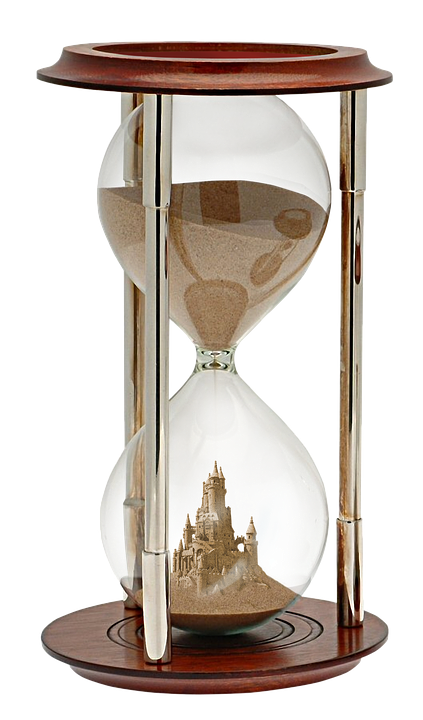
By Sandra Merville Hart Somewhere in the midst of writing my second novel my story started to get…
December 21, 2016
We were just about to head down the aisle before my daughter’s wedding, when I reached into my bag…
December 20, 2016
We writers love our protagonists. We give them a few flaws and quirks, but we know that underneath their…
December 19, 2016
Jim always thought first contact with an alien race would involve ceremony and formality. But standing over the bullet-riddled…
December 18, 2016
A few years ago when I was knee-deep in preschoolers and a newborn, I started a blog. I meant…
December 16, 2016
Please tell us about your most Recent Book I recently completed my Cherry Hill Series, a Young Adult urban…
December 15, 2016



